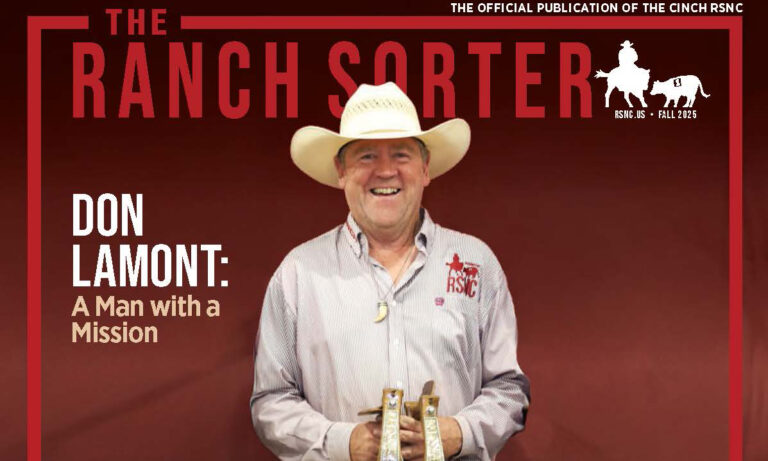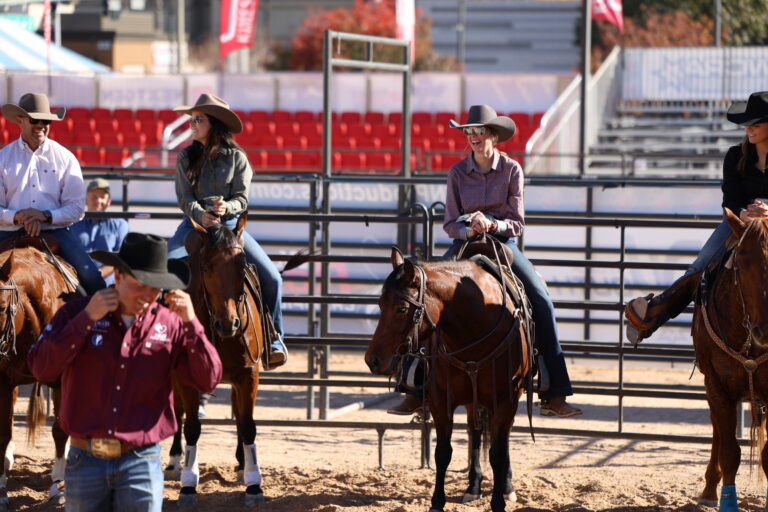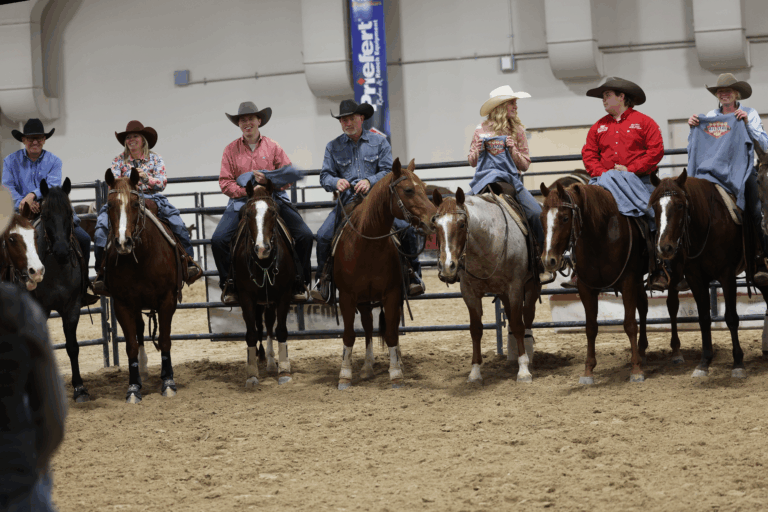
Seventeen new premises in California have confirmed or suspected vesicular stomatitis virus (VSV) cases. The affected premises are located in Fresno, Inyo, Madera and Mariposa counties.
In Fresno County, there is one new confirmed cattle premises and 10 new suspect equine premises. In Inyo County, there are two new suspect equine premises. In Madera County, there is one new confirmed and two new suspect equine premises. In Mariposa County, there is one new suspect equine premises.
Fifty-seven premises in California currently remain under quarantine due to VSV.
EDCC Health Watch is an Equine Network marketing program that utilizes information from the Equine Disease Communication Center (EDCC) to create and disseminate verified equine disease reports. The EDCC is an independent nonprofit organization that is supported by industry donations in order to provide open access to infectious disease information.
About Vesicular Stomatitis
Vesicular stomatitis is a viral disease of horses, donkeys, mules, cattle, swine and New World camelids that occurs in the Western Hemisphere. It is named for the characteristic vesicular lesions it causes in the form of blisters, crusts and ulceration of the lips, muzzle, nose, tongue, ears, sheath, teats and/or coronary band. The virus is transmitted by biting midges and therefore is seasonal.
Clinical Signs for vesicular stomatitis include:
- Vesicle formation leading to ulcerative lesions on the lips, muzzle, nostrils and tongue. The tongue is often the most severely affected area.
- Ulceration of the inner surface of the lips.
- Crusting of the muzzle, nostrils, and/or inside the ears.
- Excessive salivation secondary to the oral lesions.
- Difficulty picking up and chewing feed.
- Lameness due to painful erosions on the coronary band.
- Lesions can occur on the udder, sheath and inside of the ear.
- Lesions can develop secondary infections resulting in slow-to-heal wounds.
- Animals on pastures are at increased risk of vesicular stomatitis.
Initial diagnosis is based on recognition of characteristic vesicular lesions. Infection is confirmed via laboratory testing for serum antibodies and/or virus identification in fluid samples from active lesions. Veterinarians are required to report suspected cases to state/federal animal health officials who will direct sample submission to an approved regulatory laboratory for diagnostic testing.
There is no specific treatment for vesicular stomatitis. Best practices include implementing good biosecurity and treating affected horses with pain relievers, anti-inflammatories and supportive care as recommended by a veterinarian.
Isolating all affected animals and placing the premise on immediate quarantine is required until all horses have fully recovered and no active lesions are present. The State Veterinarian will work with the local veterinarian to determine and implement necessary quarantine procedures.



![[Aggregator] Downloaded image for imported item #35942](https://s3.amazonaws.com/wp-s3-horseandrider.com/wp-content/uploads/2025/10/20105736/EDCC-Unbranded-14-scaled-1-768x512.jpeg)

